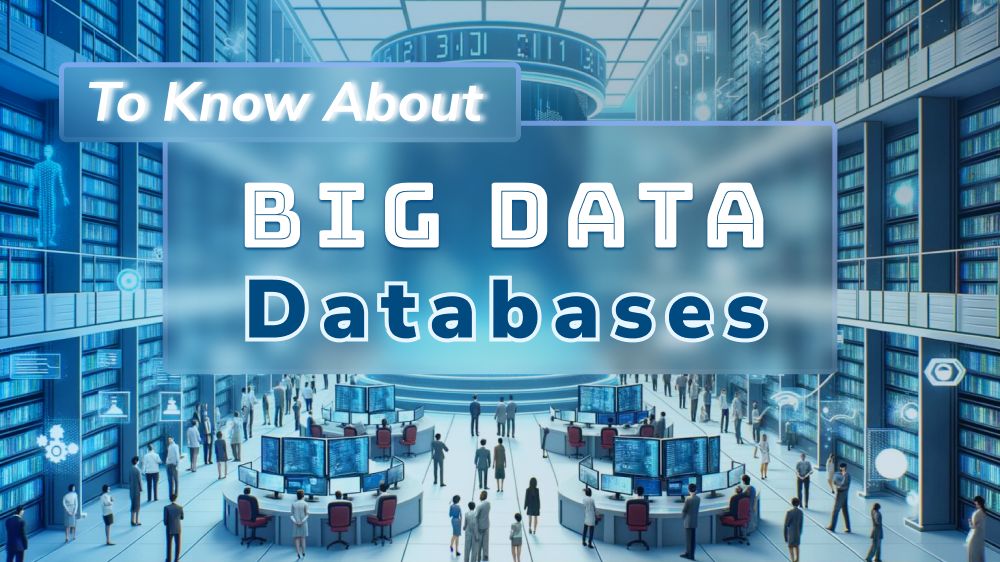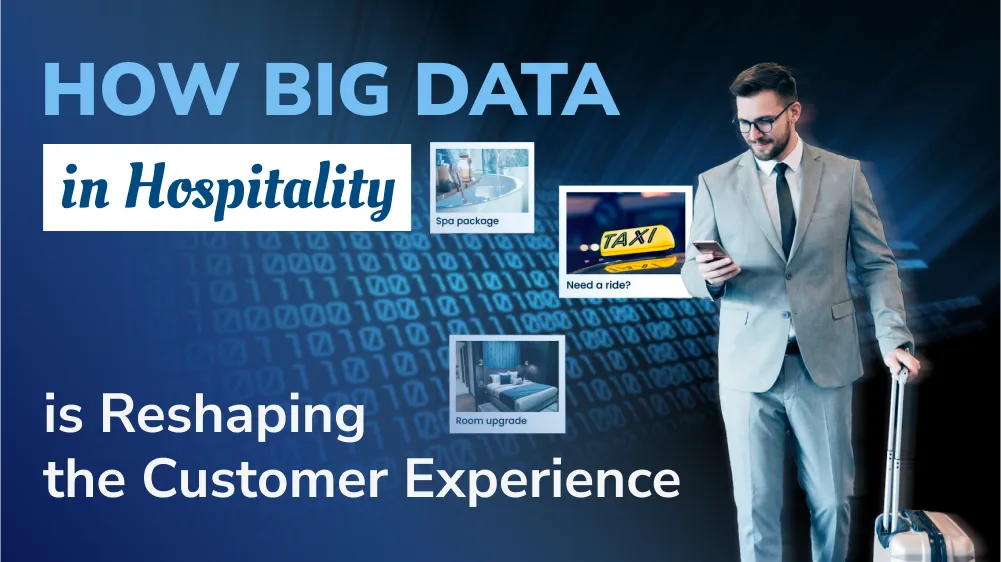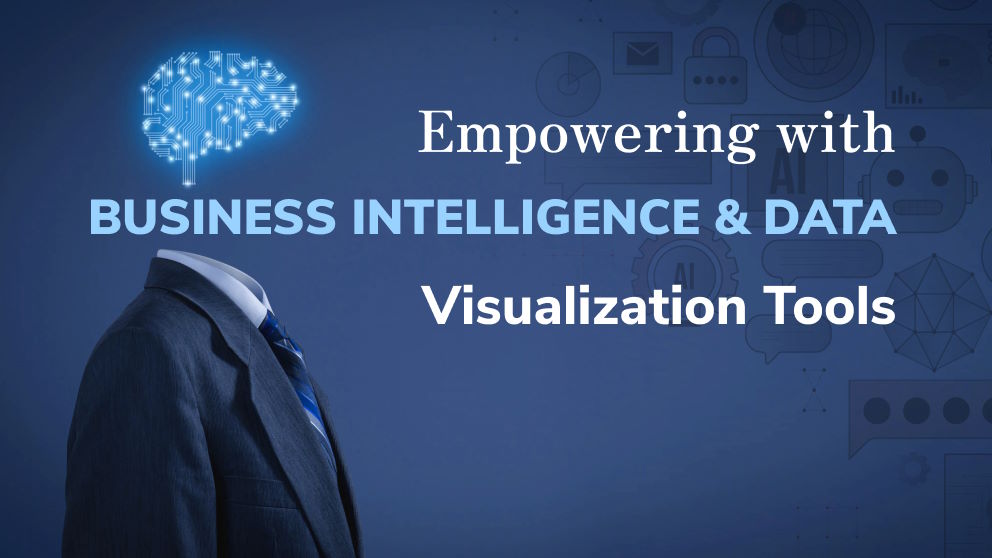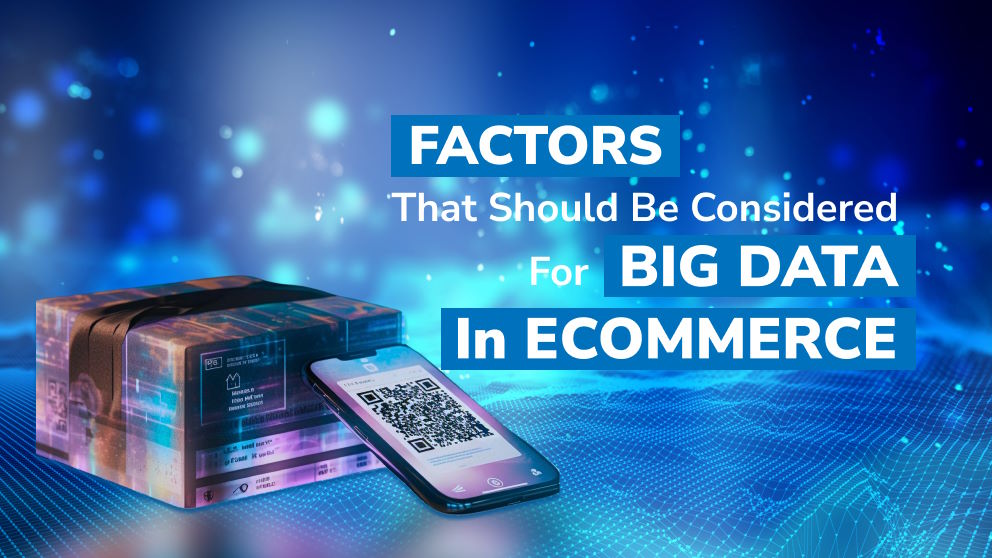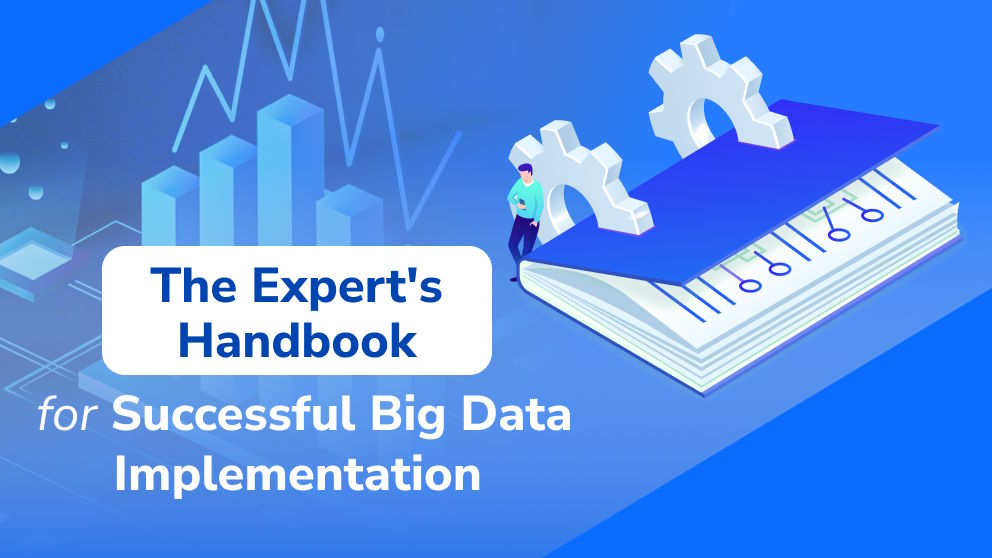Here is What Big Data and Predictive Analytics Can Do For Your Business
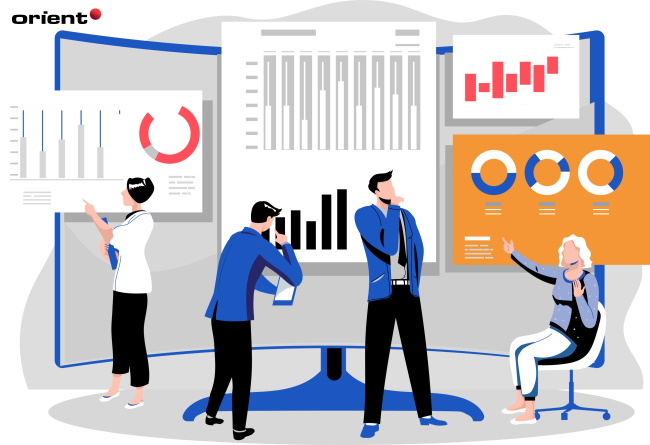
Content Map
More chaptersThese days, organizations rely on data to make important choices about their business. Such data can come from social media posts and customer transactions, even down to the amount of vibration a piece of industrial equipment produces. This information can help businesses provide better customer service, prevent equipment failure, predict future trends and events, and much more. But with so much data coming from so many sources, how does one structure and analyze it all? Predictive analytics is the answer.
What is Big Data and Predictive Analytics?
Big data is data that is too large in volume, velocity, and variety to deal with using traditional data processing methods. Big data can be structured or unstructured, it can come from a range of physical and digital sources (i.e. emails, transactions, smart IoT devices, computers), and it can come in a variety of file types including text, images, audio, and videos. More importantly, big data can arrive at an incredibly fast rate, which means that more advanced data processing methods must be used to manage such large amounts of complex data.
This is where predictive analytics comes in. The purpose of predictive analytics is to use statistical algorithms and machine learning techniques to make predictions about future outcomes and performance. By doing so, a business can use those predictions to make important business decisions, whether it be to add or remove a product or service or change the way an existing product or service is provided.
There are many factors that determine the success of a predictive analytics strategy. These include the quality of the tools and software used, the type of formulas used, how the data is structured and analyzed, and the actionable insights the data provides. Finding value in big data is essential to achieving one’s business objectives.
Who Uses Big Data and Predictive Analytics?
Companies of all types, sizes, and industries use big data and predictive analytics to run their business.
Fraud Detection and Credit Score Calculations
Financial institutions use these technologies to detect fraudulent activity and calculate a potential customer’s credit score. In doing so, they help prevent criminal activity on their accounts and they reduce the risk of lending to a customer who does not have the capacity to repay their loan.
Predictive Maintenance
In the commercial and industrial sector, companies that operate heavy-duty machinery use big data and predictive analytics to monitor their equipment. They install all kinds of sensors onto their equipment, such as infrared analysis sensors, vibration analysis sensors, and ultrasonic analysis microphones. This helps them detect abnormalities in their day-to-day operations and schedule predictive maintenance. As a result, this helps reduce the risk of future breakdowns and improves their operational efficiency, while saving money on emergency repairs.
Improved Customer Retention
Online store owners have access to a range of data to help them track the sales journey of their customers. They can find out what their most popular products are, the type of people who buy their products, what their purchase history is like, and even when a customer decides to abandon a potential purchase. According to research from Statista, a higher-than-expected delivery cost is the number one source of cart abandonment. So, with this data, an online store can make their sales copy more transparent about their delivery rates, so that customers will know exactly what to pay when they check out.
Pillars of A Successful Strategy
Do you run a business that already uses big data and analytics but are unsatisfied with the results? Are you thinking of implementing these technologies into your business at a later time? Either way, by understanding how to properly make use of these technologies, this will help you achieve your short to long term goals.
Here are some key fundamentals to keep in mind when executing a big data and predictive analytics strategy.
Use Reliable, High-quality Data
Good predictions rely on good data. So, it’s important that the data you collect is relevant, up to date, and accurate. Any false or misleading information could lead you down the wrong path to solving a particular problem.
Use The Right Predictive Models
Once you have the necessary data, you need to use the right predictive models to analyze the data and identify trends, patterns, anomalies, and outcomes. Some of the most common predictive models include neural networks, linear regression, and decision trees. An AI services company will explain the benefits of each predictive model to you, and determine which approach best meets your needs.
Prepare for Ambiguous Data
No matter how good the data is, there is always the risk of vague or inaccurate data. It is also important to remember that no prediction is absolute or guaranteed to happen. This means, you need to partner with an AI specialist, one who can account for the collection of vague and ambiguous data. They can help you better understand what the predictions are actually saying and what the most realistic outcomes may be based on your unique circumstances.
Make The Insights Actionable
Any predictions the models make should give you reason to act. You should be able to do something useful with the information provided to you. For instance, if a predictive model warns you of the potential of equipment failure, you can use that data to book a service before it is too late.
Plan for Success
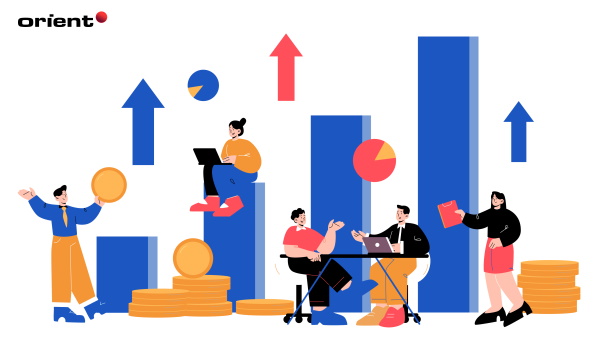
When it comes to considering the use of big data and predictive analytics, it’s important to understand what goals and outcomes you hope to achieve.
Do you want to boost productivity and efficiency in your specific department? Perhaps you want to reduce your cart abandonment rate by 30 percent? Or you may want to increase the equipment uptime rate from 90 percent to 97 percent? Whatever you want to achieve, there is a strong chance that big data and predictive analytics can help you improve in parts of your business that currently fall short.
Of course, you need to partner with an AI services company that not only has the right technical skills and expertise, but also a deep understanding of what your business wants to achieve. By doing so, you will have a stronger chance of making more informed business decisions and gaining a competitive advantage in your field.

